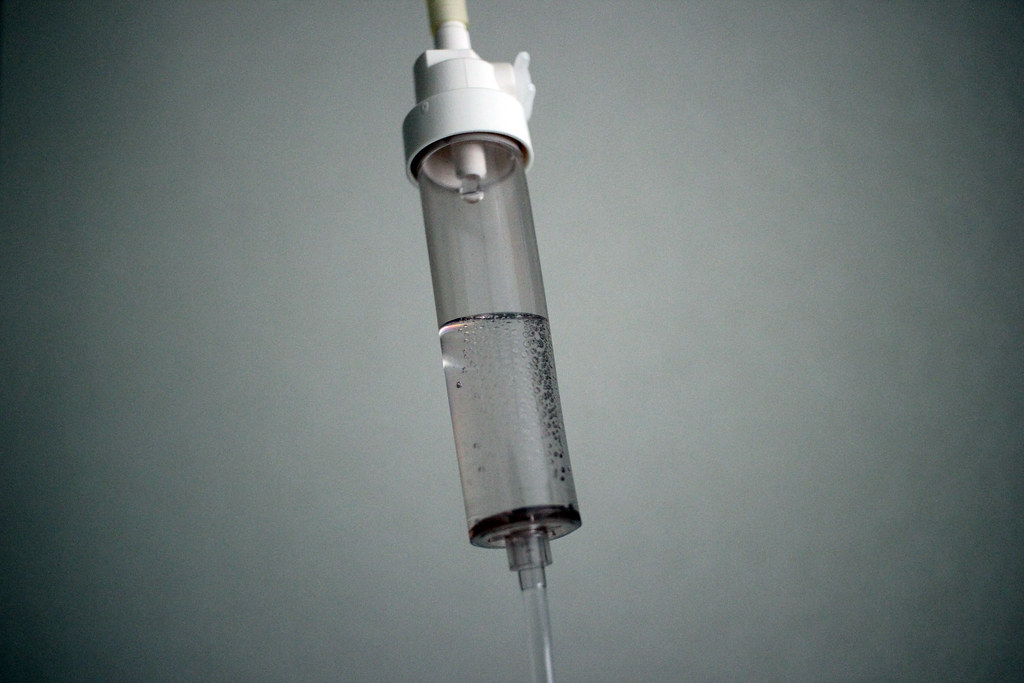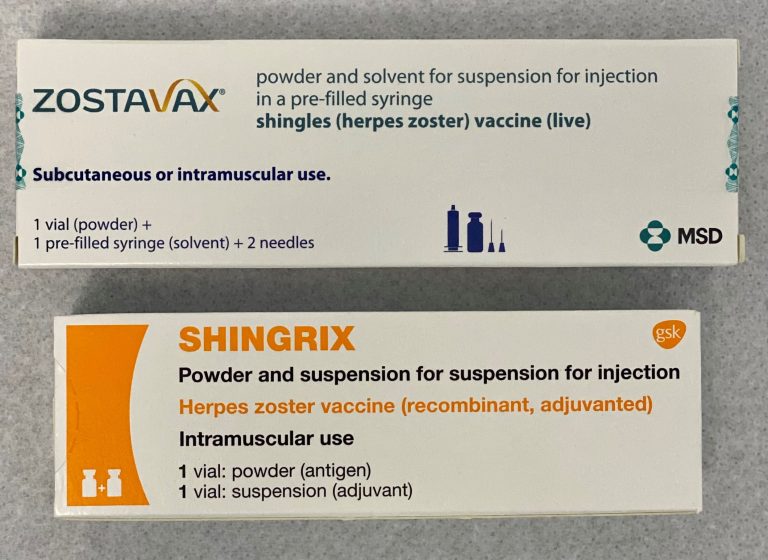GSK plc (LON:GSK, NYSE:GSK) has announced positive headline results from the planned interim analysis of Part 1 of the RUBY/ENGOT-EN6/GOG3031/NSGO phase III trial investigating Jemperli (dostarlimab) plus standard-of-care chemotherapy (carboplatin-paclitaxel) followed by Jemperli compared to chemotherapy plus placebo followed by placebo in adult patients with primary advanced or recurrent endometrial cancer. The trial met its primary endpoint of investigator-assessed progression-free survival (PFS). It showed a statistically significant and clinically meaningful benefit in the prespecified mismatch repair deficient (dMMR)/microsatellite instability-high (MSI-H) patient subgroup and in the overall population. A clinically relevant benefit in PFS was also observed in the mismatch repair proficient (MMRp)/microsatellite stable (MSS) patient subgroup.
· Results showed a statistically significant and clinically meaningful improvement in investigator-assessed progression-free survival
· RUBY is the only first-line trial to show improvement in progression-free survival for an immuno-oncology therapy in combination with standard-of-care chemotherapy in primary advanced or recurrent endometrial cancer
· Regulatory submissions based on the trial results are planned for the first half of 2023
While the overall survival (OS) data were immature at the time of this analysis, a favourable trend was observed in the overall population, including both the dMMR/MSI-H and MMRp/MSS subgroups.
The safety and tolerability profile of dostarlimab in the RUBY phase III trial was consistent with clinical trials of similar regimens. The most common treatment-emergent adverse events in patients receiving dostarlimab plus chemotherapy were nausea, alopecia, fatigue, peripheral neuropathy, anaemia, arthralgia, constipation and diarrhoea.
Hesham Abdullah, Senior Vice President, Global Head of Oncology Development, GSK, said: “Patients with primary advanced or recurrent endometrial cancer have limited treatment options. Long-term outcomes remain poor, and new treatment options are urgently needed to evolve the current standard of care, which is platinum-based chemotherapy. Based on these positive headline results from the RUBY phase III trial, GSK intends to seek regulatory approvals for a potential new indication for dostarlimab in the treatment of primary advanced or recurrent endometrial cancer.”
Regulatory submissions based on the trial results are anticipated in the first half of 2023. Full results from the trial will be published in a medical journal and presented at an upcoming scientific meeting.
RUBY is part of an international collaboration between the European Network of Gynaecological Oncological Trial groups (ENGOT), a research network of the European Society of Gynaecological Oncology (ESGO) that consists of 22 trial groups from 31 European countries that perform cooperative clinical trials, and the GOG Foundation, a non-profit organisation dedicated to transforming the standard of care in gynaecologic oncology.
About endometrial cancer
Endometrial cancer is found in the inner lining of the uterus, known as the endometrium. It is the most common gynaecologic cancer in the US and the second most common gynaecologic cancer globally.[i] Approximately 15-20% of women with endometrial cancer will be diagnosed with advanced disease at the time of diagnosis.[ii]
About RUBY
RUBY is a two-part global, randomised, double-blind, multicentre phase III trial of patients with primary advanced or recurrent endometrial cancer. Part 1 is evaluating dostarlimab plus carboplatin-paclitaxel followed by dostarlimab versus carboplatin-paclitaxel plus placebo followed by placebo. Part 2 is evaluating dostarlimab plus carboplatin-paclitaxel followed by dostarlimab plus niraparib versus placebo plus carboplatin-paclitaxel followed by placebo. The primary endpoints in Part 1 are investigator-assessed PFS based on the Response Evaluation Criteria in Solid Tumours v1.1 and OS. In Part 2, the primary endpoint is investigator-assessed PFS. Secondary endpoints in Part 1 and Part 2 include PFS per blinded independent central review, overall response rate, duration of response, disease control rate, patient-reported outcomes, and safety and tolerability.
About Jemperli (dostarlimab)
Jemperli is a programmed death receptor-1 (PD-1)-blocking antibody that binds to the PD-1 receptor and blocks its interaction with the PD-1 ligands PD-L1 and PD-L2.[iii] Dostarlimab is being investigated in registrational enabling studies, as monotherapy and as part of combination regimens, including in women with recurrent or primary advanced endometrial cancer, women with Stage III or IV non-mucinous epithelial ovarian cancer, and patients with other advanced solid tumours or metastatic cancers.
In the US, dostarlimab is indicated for adult patients with dMMR recurrent or advanced endometrial cancer, as determined by an FDA-approved test, that have progressed on or following prior treatment with a platinum-containing regimen. Dostarlimab is also indicated in the US for patients with dMMR recurrent or advanced solid tumours, as determined by an FDA-approved test, that have progressed on or following prior treatment and who have no satisfactory alternative treatment options. These indications are approved in the US under accelerated approval based on tumour response rate and durability of response. Continued approval for these indications may be contingent upon verification and description of clinical benefit in a confirmatory trial(s).
Dostarlimab was discovered by AnaptysBio and licensed to TESARO, Inc., under a collaboration and exclusive license agreement signed in March 2014. The collaboration has resulted in three monospecific antibody therapies that have progressed into the clinic. These are: dostarlimab (GSK4057190), a PD-1 antagonist; cobolimab, (GSK4069889), a TIM-3 antagonist; and GSK4074386, a LAG-3 antagonist. GSK is responsible for the ongoing research, development, commercialisation, and manufacturing of each of these medicines under the agreement.









































